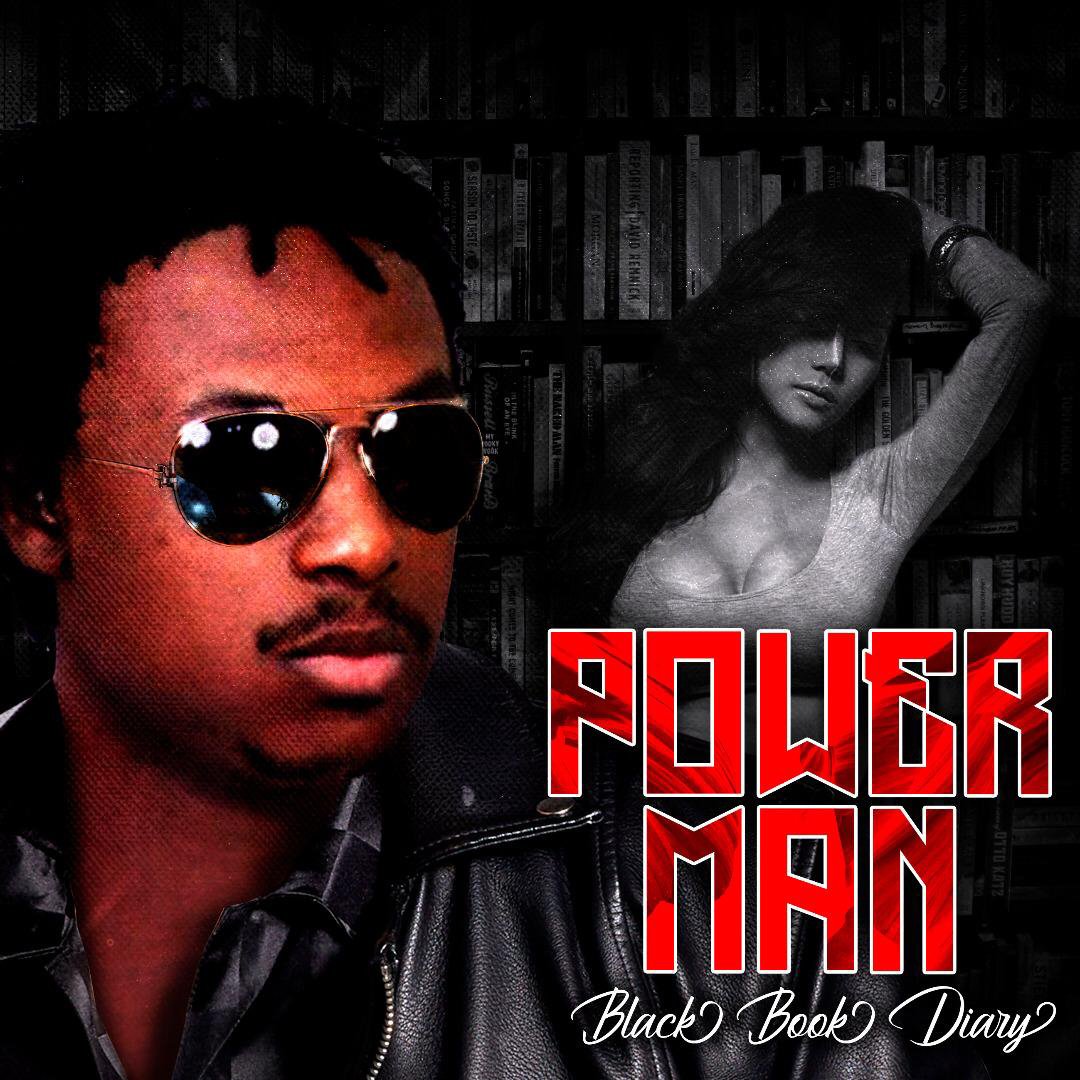Power Man Talks New Album, ‘Black Book Diary’

For New York-based deejay Power Man, life doesn’t stop because of a pandemic. The entertainer released his Black Book Diary album in March, on the same day the coronavirus was given pandemic status.
“It’s actually a decade of Power Man because this album should have been out a long time ago but because mi go through so much things like mi mommy and daddy dying one time (last year) and other things kept pushing it back,” he told DancehallMag. “I kept all the good songs I’ve made over the 10 years that I know should be on it and decided to release it now with 21 songs because I think the world needs to hear most of these songs.”
The packed set carries a deeper sentiment as it represents his independence, being produced on his Powerstone Records imprint.
 “I’m now in charge of my own music and mi understand the business part of the music now, mi all handle my publishing directly,” he said. “In America things are much easier; I can just walk into the office of my publishing company, BMI, so everything is at my fingertips and I love it. Doing an album in Jamaica, you have to go through so much processes and so much people. I think I wanna come out with an album every six months now.”
“I’m now in charge of my own music and mi understand the business part of the music now, mi all handle my publishing directly,” he said. “In America things are much easier; I can just walk into the office of my publishing company, BMI, so everything is at my fingertips and I love it. Doing an album in Jamaica, you have to go through so much processes and so much people. I think I wanna come out with an album every six months now.”
Black Book Diary chronicles the tales of a womaniser, or “gallis” as Powerman put it, and includes tracks like Happy Life, Market (with Darrio) and Mash Up The Place featuring Danny English. With entertainment events cancelled because of corona-induced restrictions, Powerman is using the online space to promote the project.
“We’re mostly working with the internet, Facebook, Instagram, radio and newspapers just the same – every promotion counts,” he said. “People have been downloading and streaming it so the feedback is good. It’s much easier now cause in the early 90s we never have certain internet access so if a man a Germany waan buy yuh album, he had to fly all the way to Jamaica to get it.”
Powerman, whose given name is Michael Davey, was among the top dancehall toasters of the 1990s, gaining popularity with his first hit single Stone produced by Steely and Clevie in 1991. He sculpted his catalogue with other notable tracks like Gal A Call, Serious Things and Miss Killand Bury .
Now living in the United States, the deejay has expanded his horizons, earning his GED and getting a nine-to-five gig. While he said this could not have been possible had he stayed in Jamaica, he has no regrets about altering his priorities.
“In Jamaica I never used to work, all I did was sit around or drive. Most of my peers in Jamaica would say mi a big deejay so why mi come to America and gone work?” he posited. “After you reach a certain age and you mature you understand life. I couldn’t just be sitting down waiting on music, I have to be doing music and still get an income coming in different. We’re always investing in real estate and all types of business.”
Between his day job and his nights at the studio, he still keeps a listening ear for the new crop of artistes emerging from Jamaica.
“When we were coming up in my day, certain things we’d never say, like diss God, but this generation feel like if they say the tough things people are gonna follow them but there is negativity that surrounds that,” he said. “I wish they could do positive things and have people respect them, just like Chronixx and Koffee.”
Listen to Black Book Diary below.
